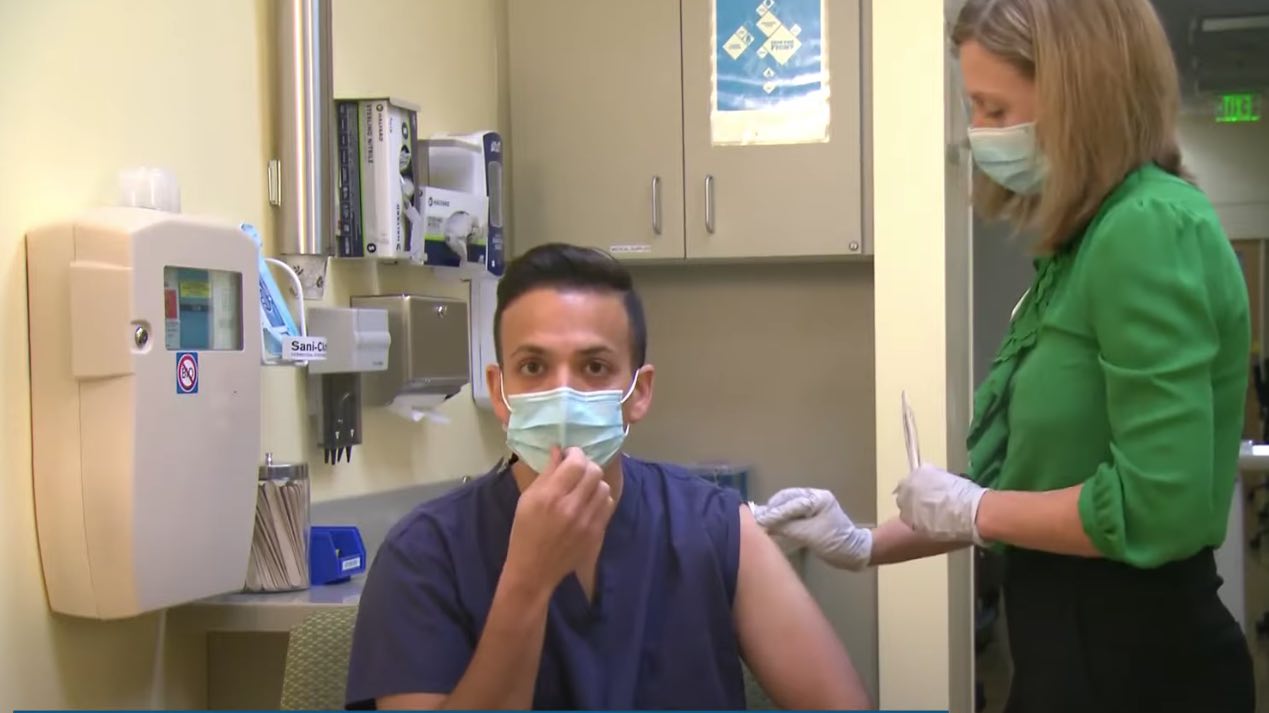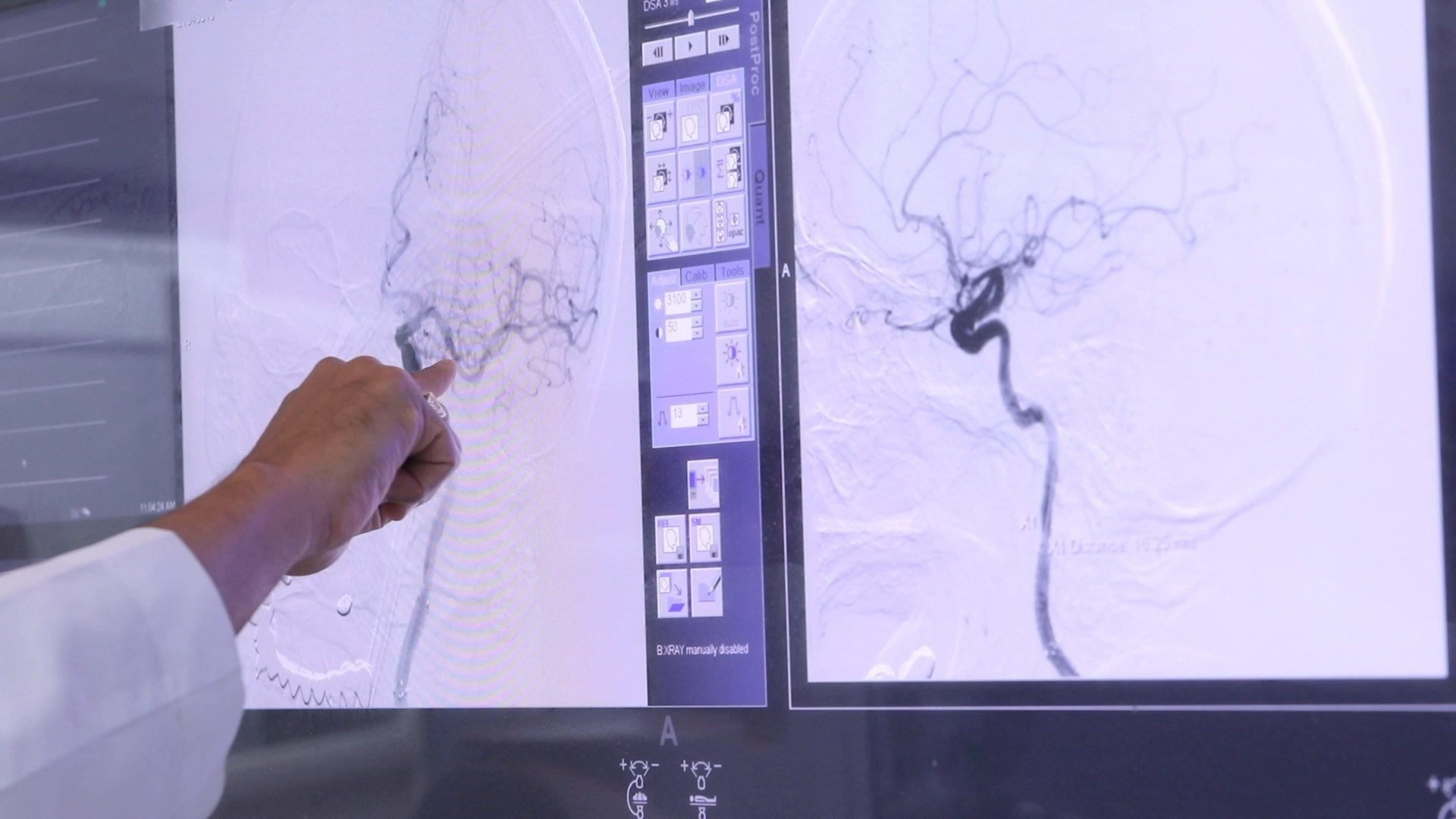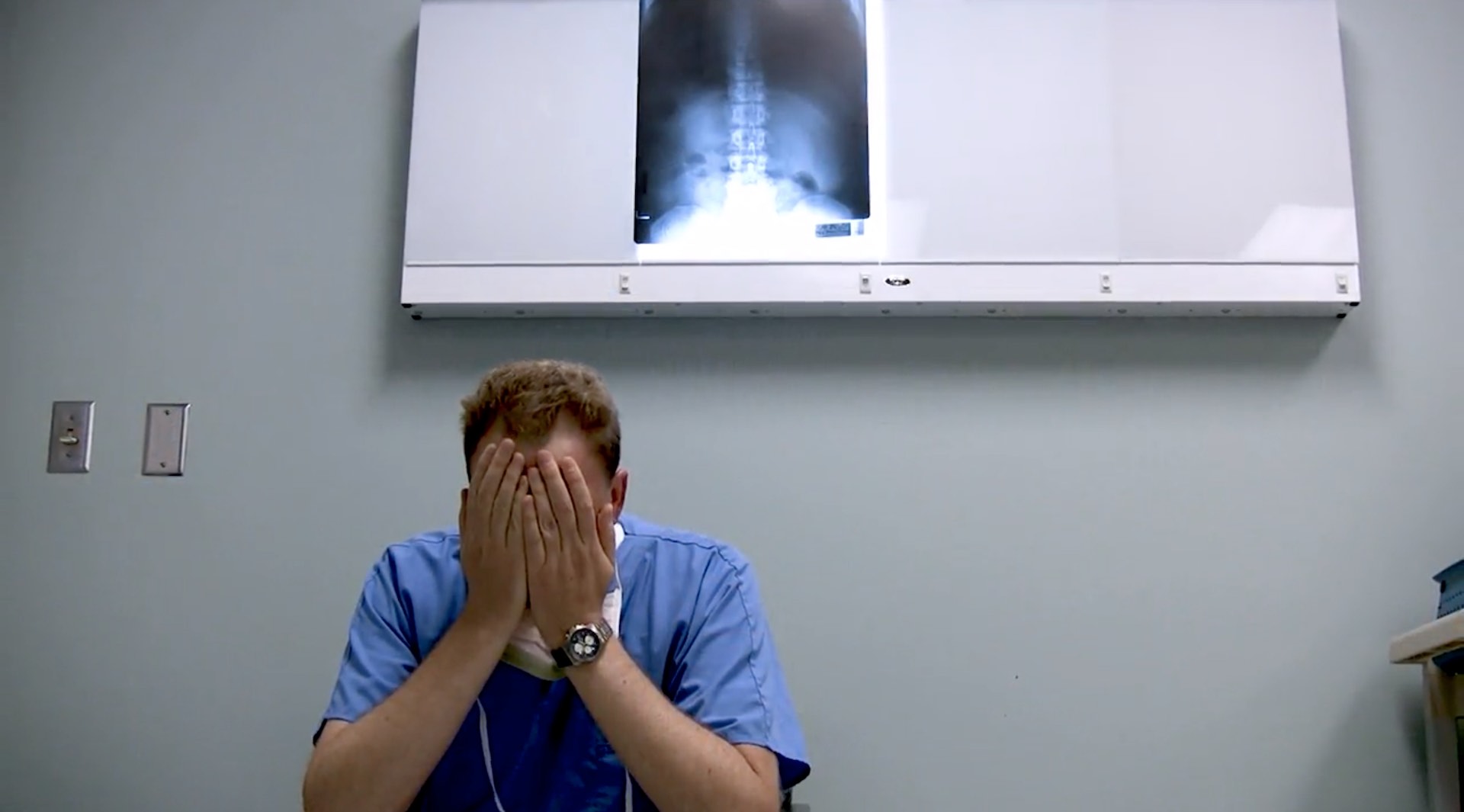NEW YORK (Reuters Health) – Treating patients with ischemic stroke up to 22 hours after onset with the glycoprotein IIb/IIIa platelet receptor antagonist tirofiban does not increase cerebral bleeding complications, and may decrease mortality, according to a report from Germany published in the September issue of Stroke.
“Tirofiban is safe enough in the early treatment of patients with stroke to proceed to further evaluation,” the authors conclude.
Dr. Mario Siebler, with University Hospital Dusseldorf, Germany and colleagues note that the window for tPA therapy for acute ischemic stroke is still limited to 3 hours after symptom onset, because later treatment confers increased bleeding risks. Consequently, fewer than 10% of stroke patients receive thrombolytic therapy.
Noting that gpIIb/IIIa antagonists reduce infarct volume in stroke models, even after treatment delays, the researchers conducted an open-label study of the safety and possible benefits of tirofiban in 260 patients with acute ischemic stroke. The participants received a continuous infusion of tirofiban or placebo for 48 hours, beginning 3 to 22 hours after onset of symptoms.
Follow-up CT scans 2 to 7 days after enrollment showed that hemorrhagic transformation or parenchymal hemorrhage occurred in 30.0% of the tirofiban group and 26.6% of the placebo group – a nonsignificant difference (odds ratio 1.18), the team found.
On the other hand, 5-month mortality was significantly different at 2.3% with tirofiban versus 8.7% with placebo (odds ratio 4.05), according to the report.
Dr. Siebler and colleagues point out that gpIIb/IIIa blocker treatment is aimed at preventing arterial reocclusion, not thrombolysis. Therefore they, suggest, “Future development of tirofiban in acute ischemic stroke should investigate a combined treatment with recombinant tissue plasminogen activator for systemic treatment.”
They add, “Furthermore, it could be advantageous as a bridging treatment during transferring a patient from a primary caregiver to a neurointerventional unit.”
The trial was supported by a research grant from MSD/Germany.
Reference:
Safety of Tirofiban in Acute Ischemic Stroke
Stroke 2011;42:2388-2392.






